Australia is a nation of cinematic tradies, not artists
The threat of Trump’s film tariffs has revealed the extent to which Australia has become a service industry for international film rather than a country that invests in its own creativity.
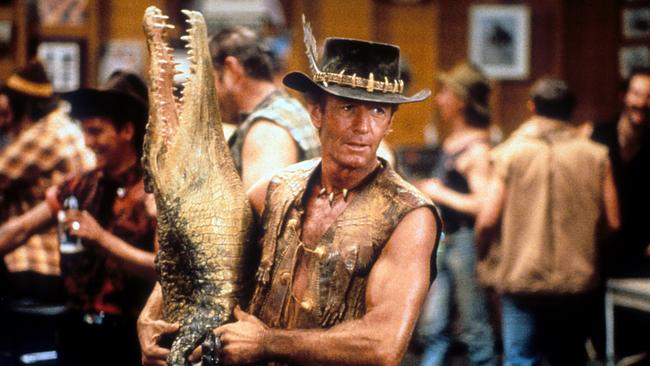
It’s one of Donald Trump’s superpowers that whenever we imagine his policies can’t get any more outrageous and confusing, he makes another move no one saw coming. The only consistent aspect is a desire to punish someone he perceives as an enemy.
With his proposed 100 per cent tariffs on American films “produced in Foreign Lands”, he is striking a blow against Hollywood.
He can’t be pleased that leading actors such as George Clooney and Meryl Streep have come out strongly for the Democrats. Every American movie nowadays seems to be packed with Trump references — subtle or overt, but invariably unflattering. If the Australian film industry suffers it will be collateral damage alongside the greater goal of making the Hollywood studios kowtow to his will as he sets out to “save” them.
Typically, Trump frames his latest announcement as a national crisis. It has left everyone scratching their heads as to how such tariffs could ever be implemented.
Films are not goods but intellectual property. It’s not simply a matter of charging twice as much at the box office for a foreign-made film. It’s even hard to figure out how one would define “foreign made” and calculate a tariff, as so many films are collaborations, with components handled in different countries.
Brady Corbet’s acclaimed 2024 feature, The Brutalist, with its skimpy budget of $US9.2m, was largely shot and edited in Hungary. It could never have been made so cheaply in the US.

If Trump succeeds in bringing in these tariffs it will reduce the number of foreign films screened in the US, increasing the nation’s cultural insularity. It also will have an inhibiting effect on American projects that take advantage of favourable overseas deals such as Australia’s 30 per cent tax offsets.
Already it has sent tremors through the stockmarket. At the highest level the American film industry gets back far more in revenue than it spends overseas.
Hollywood has dominated world cinemas to such an extent that some nations have resorted to quotas for locally made films.
In Australia the Royal Commision into the Australian Moving Picture Industry of 1927 recommended a quota system but intense lobbying from the Hollywood studios and local partners ensured it was never adopted. Today, free trade deals stand in the way of any quota, although we know how diligently these agreements are observed in the age of Trump.
The 27 highest grossing films in this country have all been Hollywood productions. The leading Australian flick at No 28 is Crocodile Dundee back in 1986, which remains more than $10m ahead of the second most successful – Baz Luhrmann’s Australia (2008).
Historically speaking, American domination has been so comprehensive it crippled the Australian film industry for decades. The 1910s and 20s were one of our most vibrant eras but local filmmaking was virtually destroyed by cheap Hollywood imports and licensing agreements that squeezed out homegrown productions. A laughably small number of films were made in this country until the resurgence of the 70s.
Even today, our film production is paltry for a wealthy nation of 27.8 million people. Some sites claim more than 100 films were made in Australia during 2024. How many can you name? How many features got a theatrical release? That figure stands at 19 and I doubt many readers could identify a single one apart from maybe Furiosa: A Mad Max Saga.
In recent years the Australian film industry – with the blessing of state and federal governments – has been happy to provide venues, facilities and expertise for international productions while allowing local creativity to fall into the doldrums.
This arrangement has brought in a tidy profit and created jobs for a few thousand people who do all the “non-creative stuff”.
Compared to the 70s, when we produced a crop of acclaimed directors, today the ranks are thin.
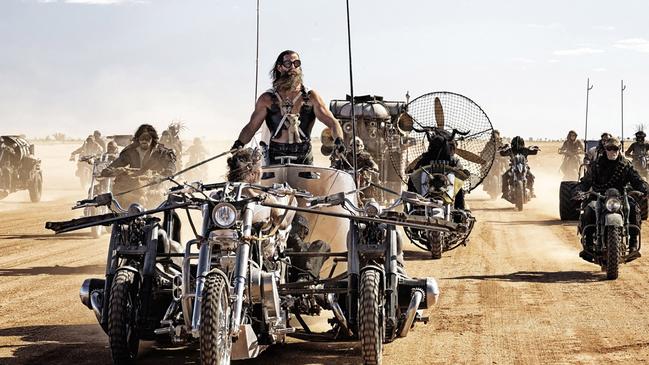
The Australian film industry continually congratulates itself on the growth of Indigenous film, but these productions have only a tiny audience. As is the case with the arts in general, we are investing in projects that bring deep moral satisfaction but hold little appeal for general audiences. Eventually, viewers become so wary of local films they actively avoid them.
By contrast, in 2020-21 the value of international film and television projects made in Australia reached an all-time high of $1.04bn. It declined to $738m in 2023, largely because of Hollywood’s extended industrial problems. This is the treasure chest put under threat by Trump’s proposed tariffs.
Although it’s not easy to see how such tariffs would work, the threat may be sufficient to pause many multimillion-dollar projects that otherwise would be coming our way.
The unpredictability of Trump’s tariff regime may be enough to spook the investors and the studios. Even if his gambit proves to be no more than a shot across the bows, it has revealed the extent to which Australia has become a service industry for international film rather than a country that invests in its own creativity.
In cinematic terms, we’re a nation of tradies, not artists. If the service business dries up, the threadbare nature of our film industry lies exposed.
Australia is big and prosperous enough to support a much greater range of films, from art house to popular drama and comedy. Instead, we’ve settled for leasing out our facilities and expertise to the rest of the world.
It may be that this is another occasion when Trumpian extremism provides a wake-up call, forcing us to realise that our so-called film industry has become nothing more than a rental business. In our search for foreign cash, we’re not telling our own stories or pleasing our cinema-going public.
Now that Trump has helped Albo to a landslide victory, perhaps he can help us make better movies.
John McDonald writes on film and other topics on Everythingthe.com.

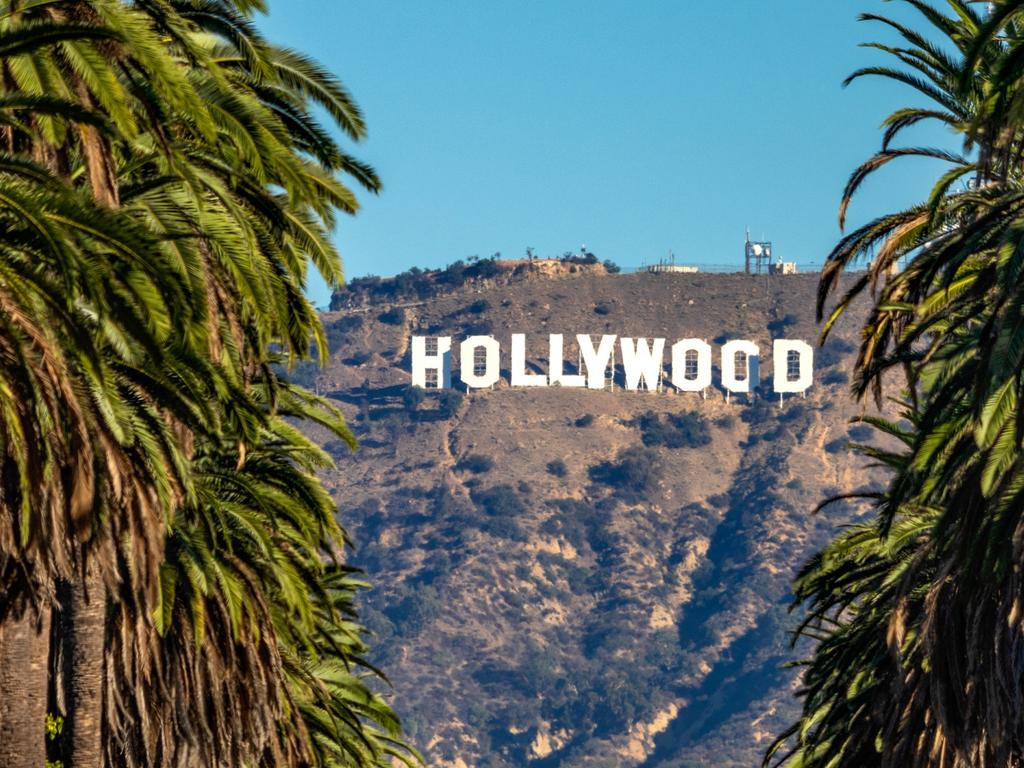
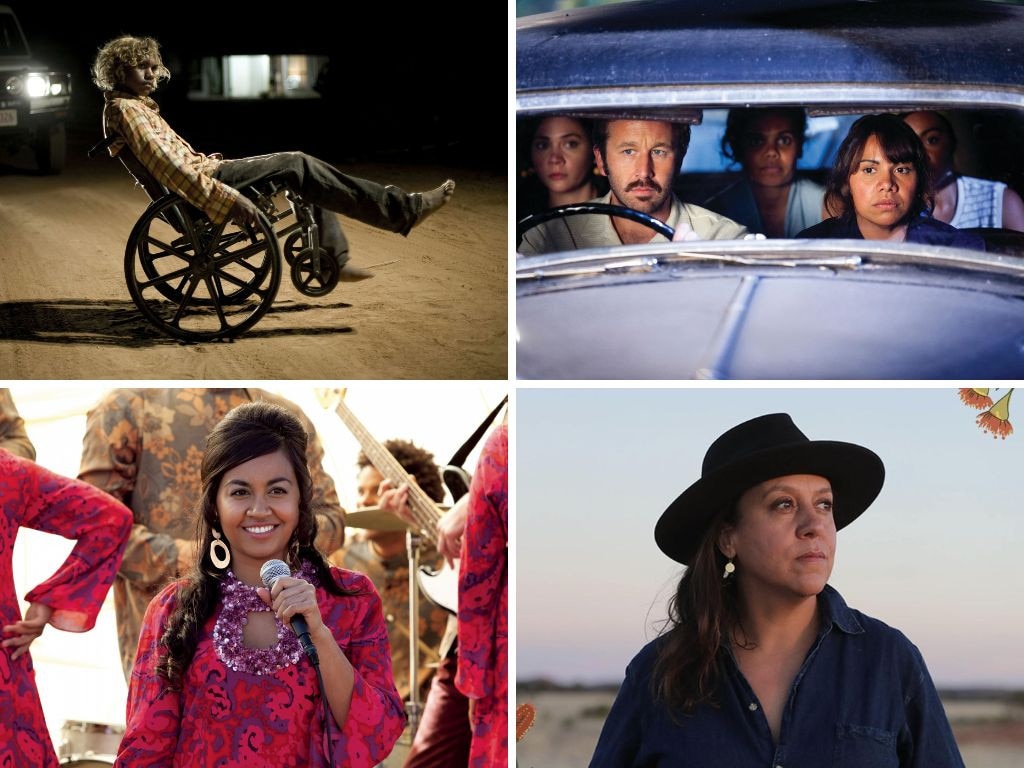
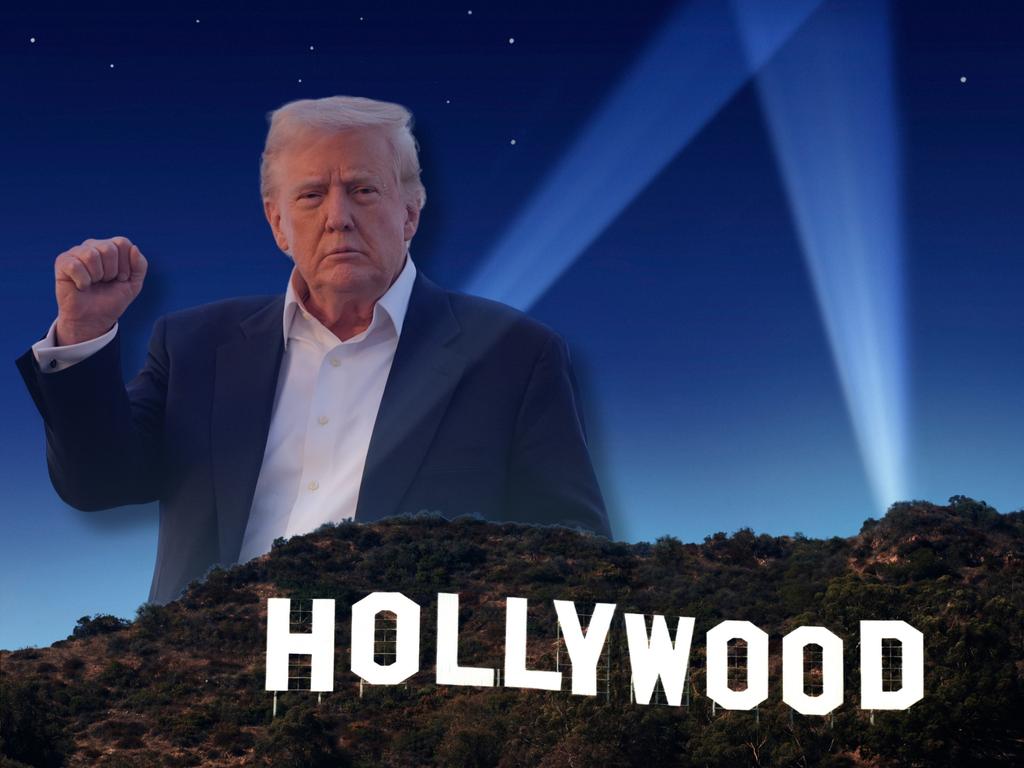


To join the conversation, please log in. Don't have an account? Register
Join the conversation, you are commenting as Logout